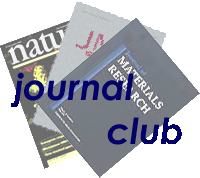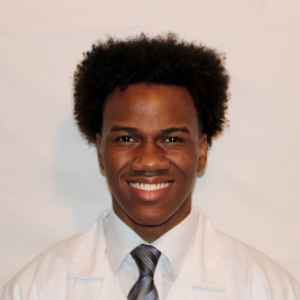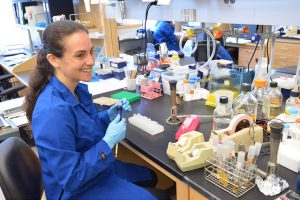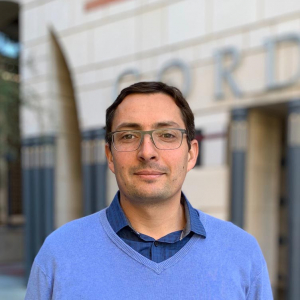Gene Regulation, Epigenomics and Transcriptomics (GREAT)
Studies spanning the past three decades have revealed that differential gene expression is one of the most widely used modes of cellular regulation in both normal physiological processes such as development and differentiation and aberrant processes such as cancer. The Gene Regulation, Epigenomics and Transcriptomics Home Area’s mission is to train students in the principles and concepts of contemporary gene regulation research with an emphasis on developing skills in cellular, proteomic and genome-wide analyses in order to study mechanisms of differential gene expression during cell signaling, differentiation, development and disease. Our program consists of a specialized curriculum focused on generating a comprehensive understanding of current concepts and mechanisms of gene regulation at the fundamental level and in relation to specific biological pathways. Our group’s studies range from basic biochemical analysis of chromatin transcription to detailed analysis of RNA-based pathways involved in cancer. There is a strong emphasis on understanding the epigenome, the pattern of DNA and histone modifications that facilitate transcriptional regulatory decisions. Our group teaches students how to properly employ state-of-the-art technologies like deep sequencing, informatics and mass spectrometry in order to understand the dynamics of gene regulation in organisms ranging from plants to man. Upon graduation, our students are equipped with the intellectual background and methodological training to enter exciting and highly technical areas of the gene expression field in both academics and industry.
*To apply to the GREAT Home Area, select “Bioscience PHD – Gene Regulation, Epigenomics and Transcriptomics” as your academic major in the UCLA Application for Graduate Admission.
Questions about the application process? Contact us!














